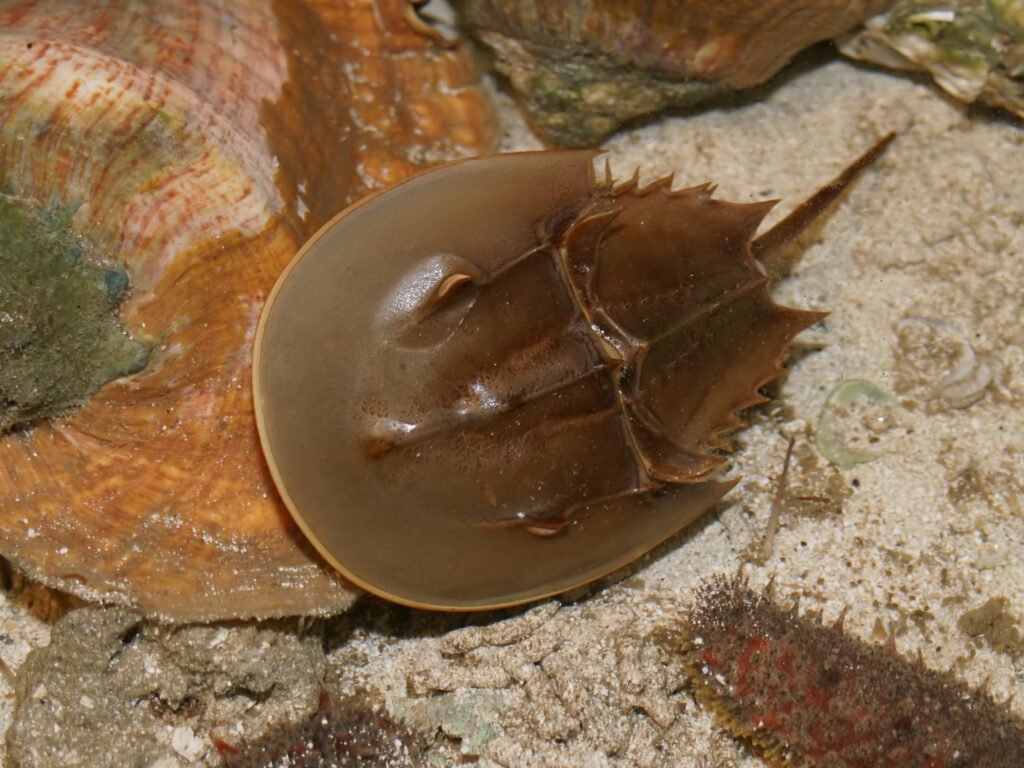Imagine a creature so intelligent, so cunning, that it can outsmart its human captors and escape from its watery confines. This is not the plot of a science fiction movie; it’s the reality of the octopus, nature’s most notorious escape artist. These slippery cephalopods have been baffling aquariums around the globe with their surprising intelligence and Houdini-like skills. But what makes these creatures so adept at escaping, and what does it mean for those trying to contain them?
The Enigmatic Intelligence of Octopuses
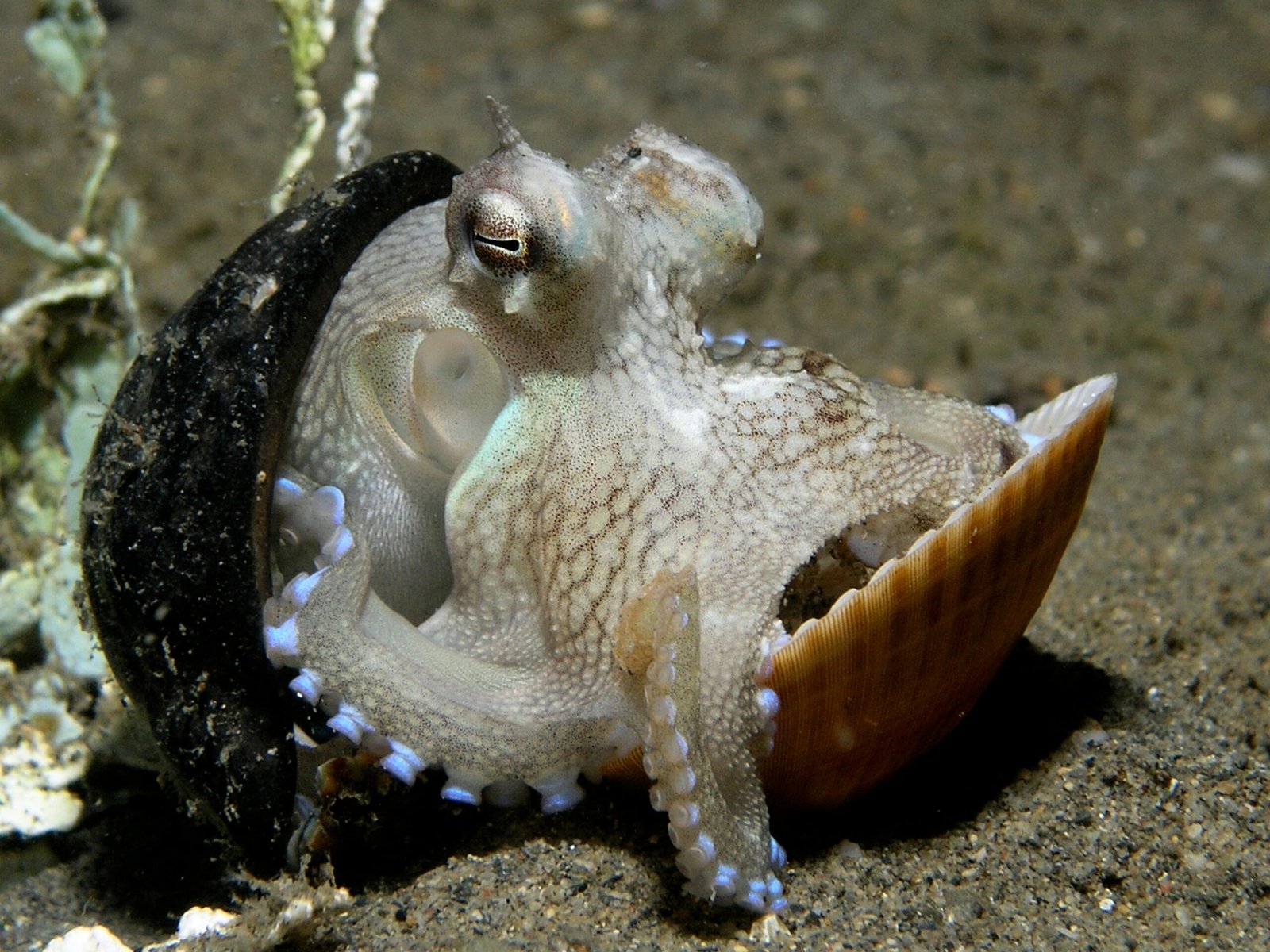
Octopuses are renowned for their intelligence, often compared to that of a house cat. Their brains, though small, are highly complex, allowing them to solve puzzles, navigate mazes, and, of course, escape from enclosures. This intelligence is not just for show; it’s a matter of survival. In the wild, octopuses use their smarts to hunt, hide from predators, and adapt to their ever-changing environments. This adaptability and problem-solving ability make them formidable escape artists when held in captivity.
Famous Escapes That Left Experts Baffled

One of the most famous octopus escapes occurred at the National Aquarium of New Zealand, where an octopus named Inky made a daring break for freedom. Inky managed to squeeze through a small gap at the top of his tank, crawl across the floor, and slide down a narrow drainpipe that led to the ocean. This escape left aquarium staff both impressed and bewildered, showcasing the octopus’s incredible ability to exploit weaknesses in its environment.
The Anatomy of an Escape Artist
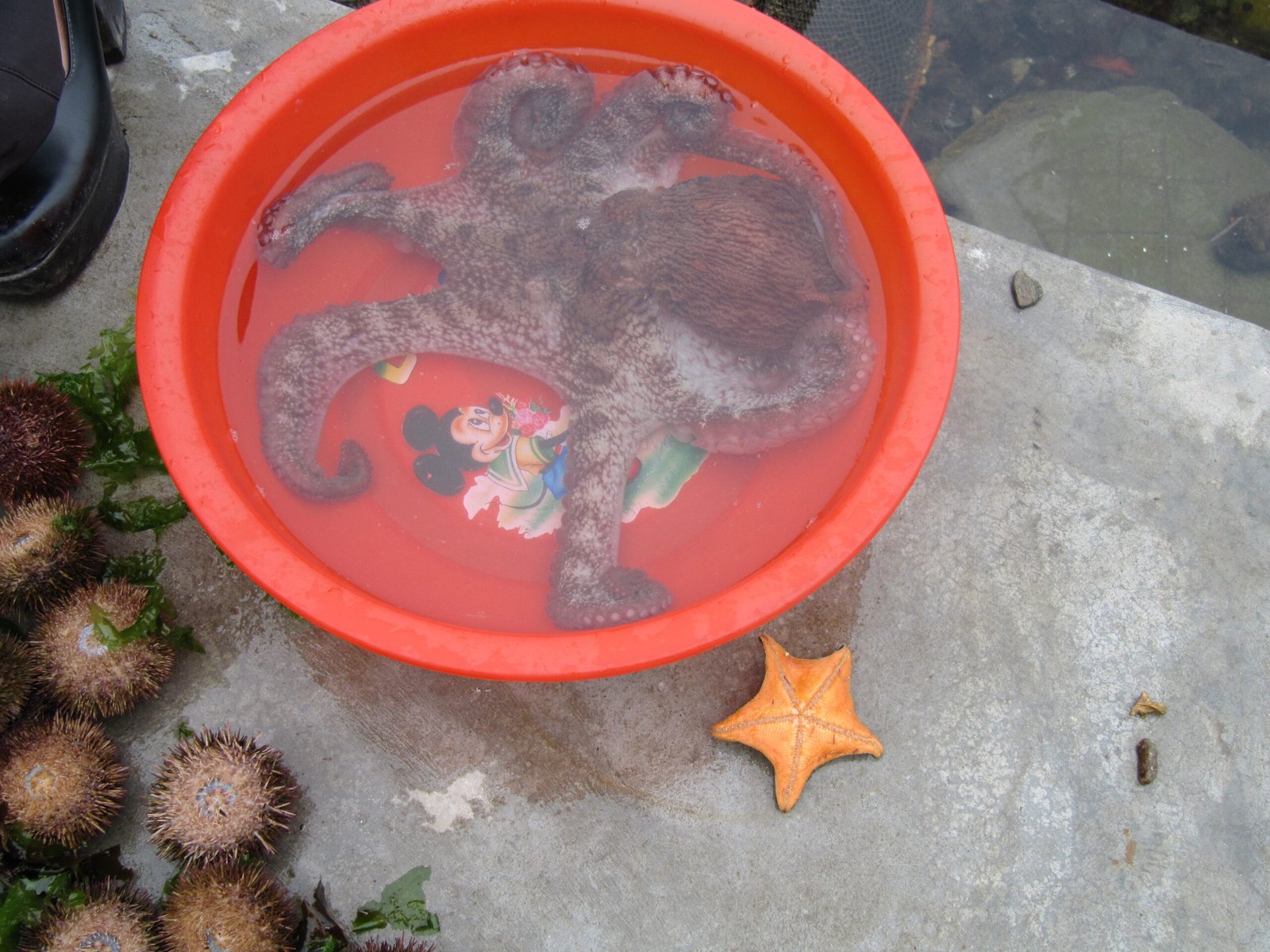
The octopus’s body is perfectly suited for escape. With no bones, it can contort itself to fit through incredibly small openings—sometimes as tiny as a coin. Its eight arms, lined with sensitive suckers, allow it to grip surfaces and manipulate objects with precision. This unique anatomy, combined with its intelligence, makes the octopus a formidable escape artist, capable of slipping out of virtually any enclosure that isn’t meticulously secured.
Octopus Problem-Solving in Action
Octopuses have been observed using tools, a trait once thought to be exclusive to humans and some primates. In captivity, they’ve been known to unscrew jar lids to access food, a testament to their problem-solving capabilities. This tool use is not just about getting a meal; it’s a demonstration of their ability to understand cause and effect, a skill that’s crucial for any successful escape attempt.
The Role of Curiosity in Octopus Escapes
Curiosity is a driving force behind many octopus escapes. These creatures are naturally inquisitive, constantly exploring their surroundings and testing the limits of their enclosures. This curiosity can lead them to discover weaknesses in their tanks, such as loose lids or gaps in the structure, which they can then exploit to make their escape. It’s this same curiosity that makes them such fascinating subjects for marine biologists and aquarium visitors alike.
Adapting to Life in Captivity
While some octopuses have made successful escapes, many adapt to life in captivity quite well. Aquariums provide enrichment activities, such as puzzles and interactive toys, to keep their minds stimulated and reduce the likelihood of escape attempts. However, despite these efforts, some octopuses remain determined to find a way out, driven by their natural instincts and intelligence.
The Ethical Dilemma of Captivity
The intelligence and escape attempts of octopuses raise ethical questions about keeping such creatures in captivity. Is it right to confine a creature capable of such complex thought and problem-solving? Some argue that the mental stimulation provided by aquariums is beneficial, while others believe that the octopus’s natural curiosity and intelligence make them unsuitable for life in a tank. This debate continues to evolve as we learn more about these fascinating animals.
Lessons from the Octopus Houdinis
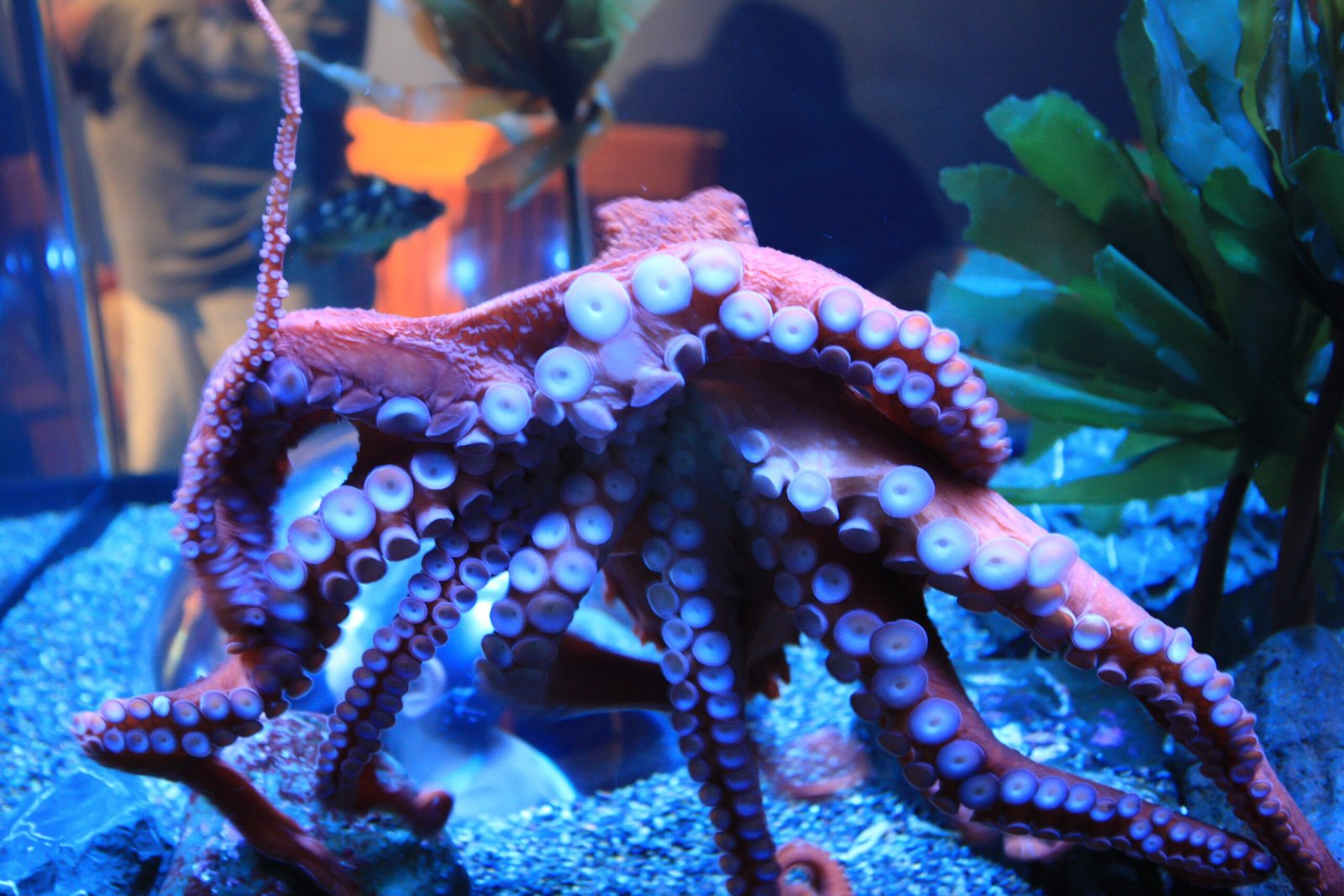
The escapades of octopuses have taught us valuable lessons about their intelligence and capabilities. These creatures challenge our understanding of animal cognition and push us to consider how we interact with and care for intelligent marine life. Their escapes serve as reminders of the incredible adaptability and resourcefulness of nature, inspiring awe and respect in those who study them.
A Call to Action for Aquariums
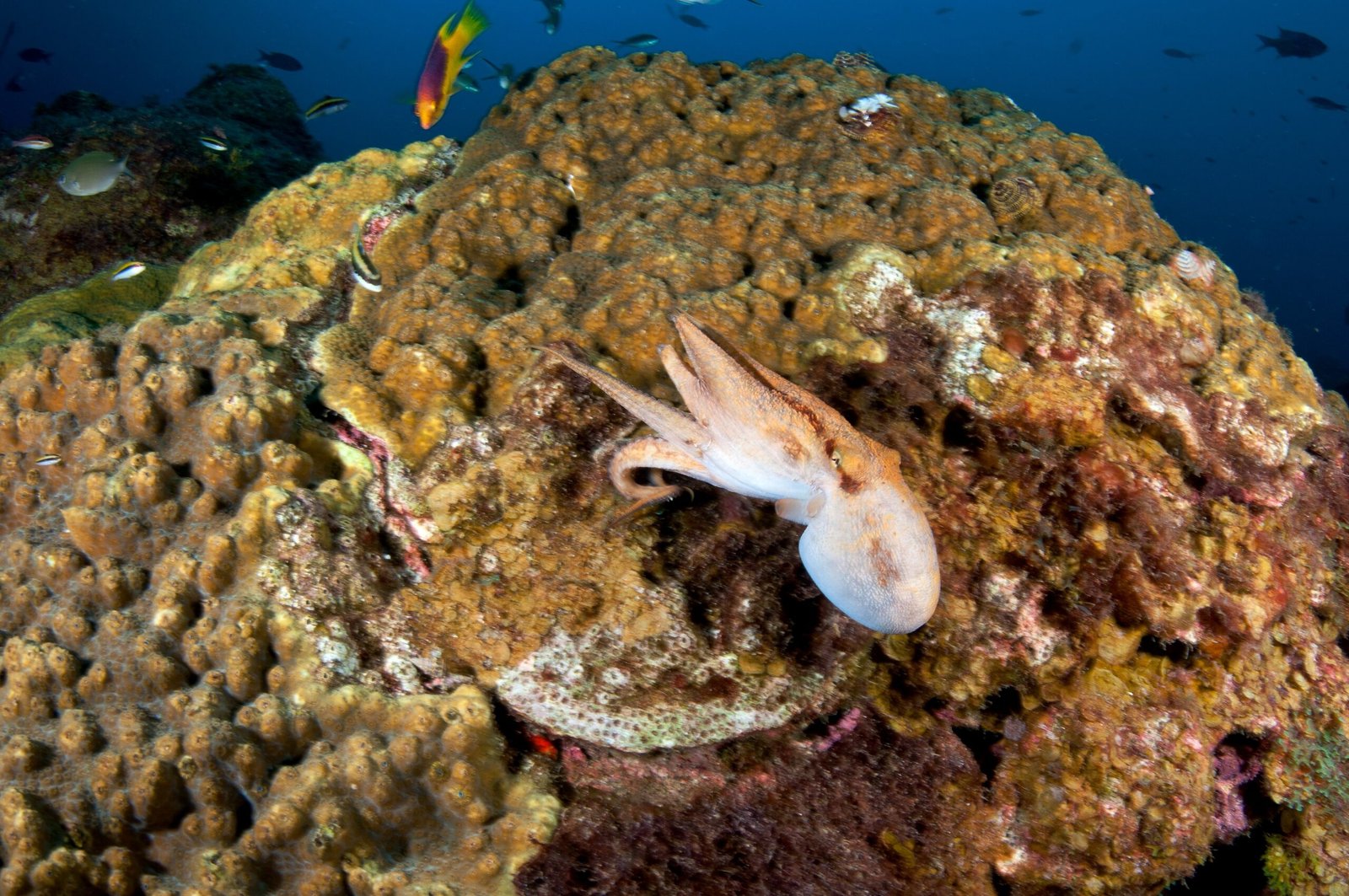
For aquariums, the challenge is clear: to create environments that are secure yet enriching for their octopus residents. This means designing tanks that minimize escape opportunities while providing ample mental stimulation. By doing so, aquariums can ensure the safety and well-being of their octopuses, while also allowing visitors to appreciate the intelligence and beauty of these remarkable creatures.
The Future of Octopus Research
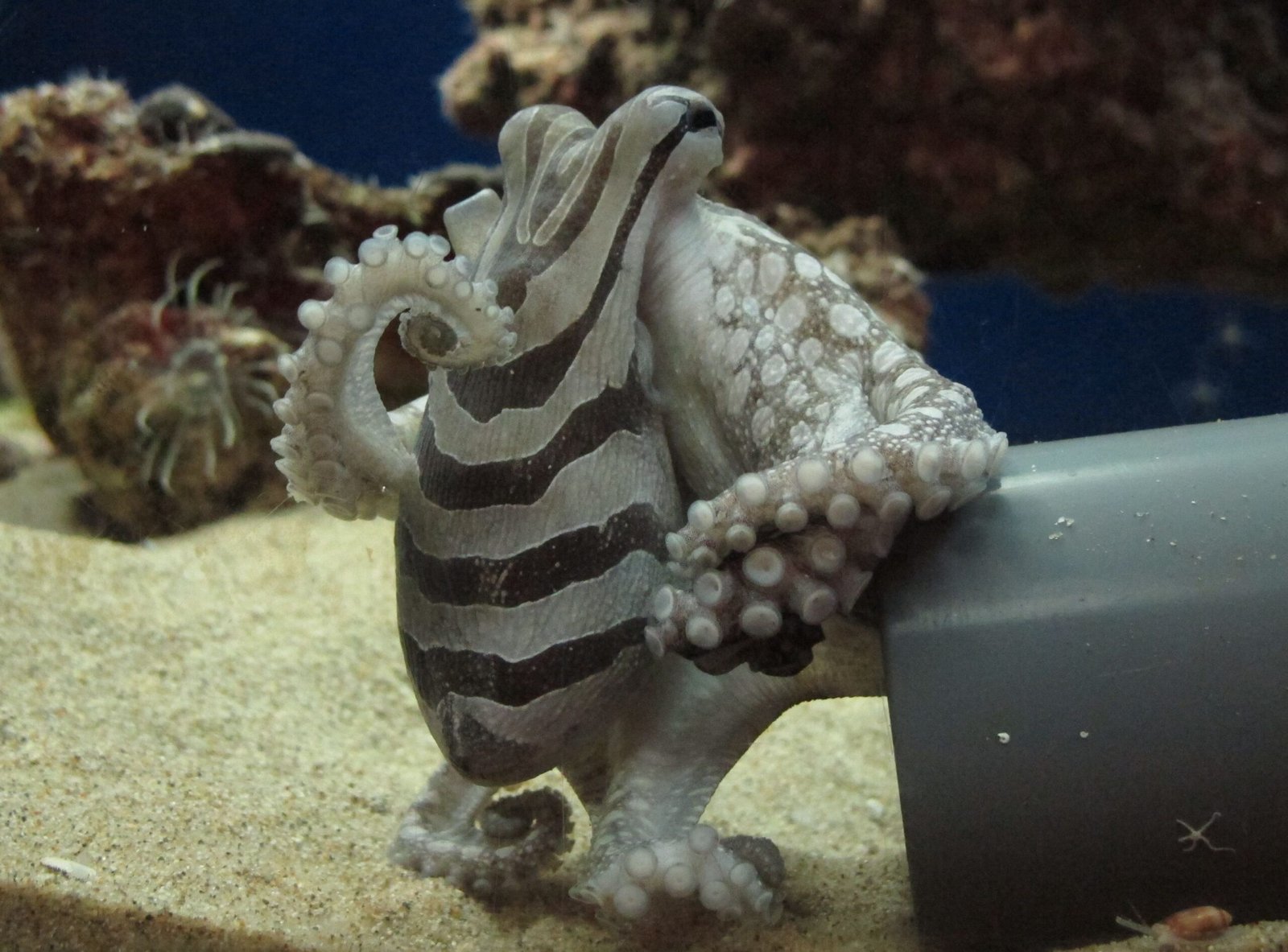
As we continue to study octopuses, new insights into their intelligence and behavior are sure to emerge. Researchers are exploring the genetic and neurological basis of their problem-solving abilities, hoping to unlock the secrets of their remarkable minds. This research not only enhances our understanding of octopuses but also sheds light on the broader mysteries of intelligence and cognition in the animal kingdom.
In the world of marine life, octopuses stand out as enigmatic and captivating creatures. Their ability to outsmart their human captors and escape from aquariums is a testament to their intelligence and adaptability. As we continue to learn from these remarkable animals, we’re reminded of the wonders of nature and the importance of respecting the intelligence of all living creatures. What other secrets might the octopus hold, waiting to be discovered?




